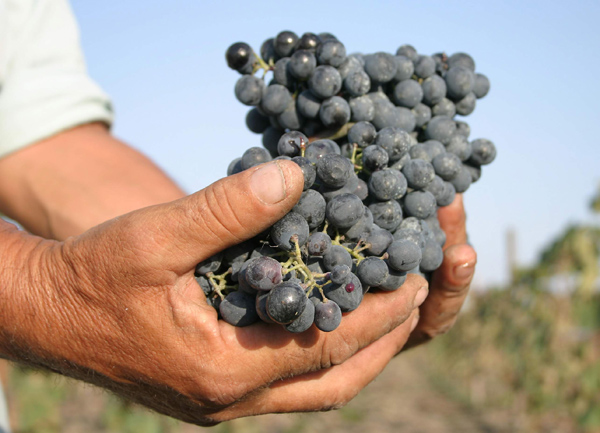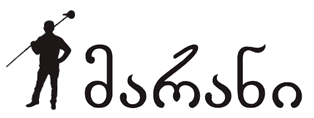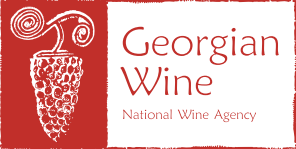- Posted on Tue, 05/19/2009 - 12:50

Lado Arabuli
A group of German businessmen have voiced interest to acquire Saperavi bio wine produced by a Georgian individual entrepreneur Givi Nikolashvili, based in the wine-rich Kakheti region.
The Germans expressed interest to buy 300, 000 bottles, Nikolashvili says. However, since he has not enough supply at the time, he is looking for a business partner in order to expand his business and offers 51 percent share in exchange for EUR 100 000 investment.
Saperavi bio wine, which is produced by traditional methods without adding any chemical substances and fertilizers, was introduced at the World Exhibition of Bio Products in Nurnberg, Germany, on February 19-21 this year.
"This was the first bio wine Georgia exported to Europe and the Germans expressed a big interest in our product,” Nikolashvili says.
He plans to bottle about 7, 000 bottles at the Manavi Wine Cellar Plant and send them to Germany. In total, 34 000 bottles of wine made from the 2008 harvest will be exported to Germany, he says.
According to international standards, vineyards to produce bio wines must grow on particularly clean territory far away from industrial sites. Nikolashvili grows grape crops on such a territory on six hectares in Kakheti’s Gurjaani district.
Nikolashvili developed his business in cooperation with Elkana, a Tbilisi-based Biological Farming Association, which provided permanent consultations for the winemaker.
He holds a bio certificate #0002 granted by Caucascert, a Georgian certification agency, providing its clients with independent, third party certification of organic food systems. The agency has been accredited by the Office of the German Accreditation System (DAP) and its organic certificate is valid throughout the European Union.
“Caucascert grants a certificate after vineyards are comprehensively examined,” Nikolashvili says. “Specialists pay scheduled or unscheduled visits to vineyards. The full cycle of the winemaking, starting from the conditions of picking and squeezing grapes and ending with records and bio substances employed during the wine fermentation, is controlled.”
He has already submitted an application and detailed business plan to obtain a Cheap Loan, a state-run project administered by the Ministry of Economic Development. Nikolashvili believes that if the ministry approves his application, he will employ about 20 people.
© Georgian Business Week
Tagged:






